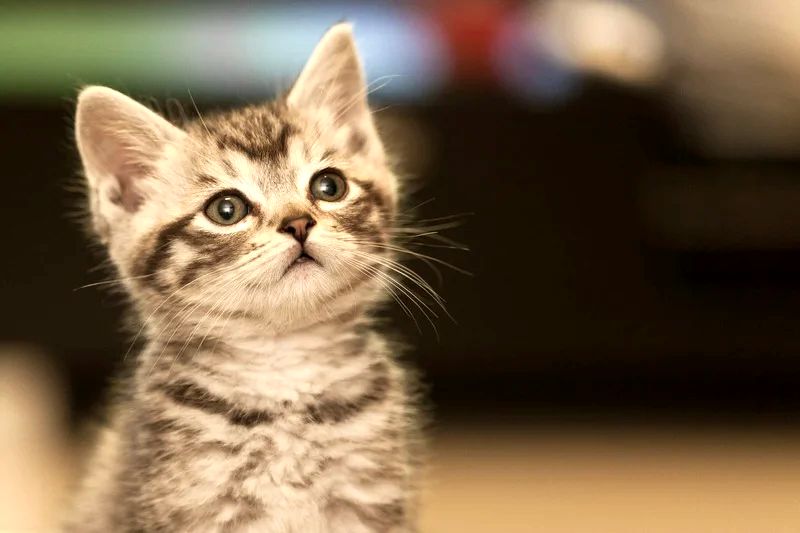How long can cats with FIV live?

Feline Immunodeficiency Virus (FIV) is a virus that affects cats, similar to HIV in humans. It primarily spreads through contact with infected saliva, often via bite wounds during fights between cats. Once contracted, FIV weakens the immune system of affected felines, making them more susceptible to various infections and diseases.
The Impact of FIV on Cat Lifespan
One of the most pressing questions for cat owners dealing with an FIV diagnosis is how long their beloved pet can live. Surprisingly, many cats diagnosed with FIV lead relatively normal lives for several years after infection. However, the average life expectancy for these cats tends to be shorter than that of uninfected felines.
Factors Influencing Lifespan
The longevity of a cat with FIV depends on multiple factors:
- Cat's Overall Health: A healthy immune system can better fight off secondary infections, potentially extending the cat’s life.
- Severity of Infection: Some cats may have mild cases that do not significantly impact their health, while others might face severe symptoms and complications.
- Care Provided: Regular veterinary care, a balanced diet, and a stress-free environment are crucial for managing FIV.
The Severity of the Virus
The severity of FIV varies greatly from cat to cat. Some cats may show no symptoms at all or only mild ones that do not significantly affect their quality of life. In contrast, severe cases can lead to a range of debilitating conditions:
- Fever and Weight Loss: Cats with advanced FIV often experience persistent fever and significant weight loss.
- Poor Appetite: A lack of interest in food is common, leading to malnutrition if not managed properly.
- Lethargy: Affected cats may become lethargic and less active than usual.
Maintaining a Healthy Lifestyle for Cats with FIV
To maximize the lifespan of an FIV-positive cat, it is essential to provide them with proper care and support. Here are some key practices:
- Indoor Living: Keeping cats indoors reduces their exposure to other infected animals and potential infections.
- Veterinary Care: Regular check-ups, vaccinations, and blood tests help monitor the cat’s health status.
- Dietary Needs: A balanced diet rich in nutrients supports immune function and overall well-being.
The Role of Nutrition and Exercise
A healthy diet is crucial for cats with FIV. Nutrient-rich foods can help strengthen the immune system, reducing the risk of secondary infections. Additionally, regular exercise keeps cats active and mentally stimulated:
- High-Quality Protein: Essential for muscle maintenance and overall health.
- Vitamins and Minerals: Support immune function and cellular repair.
- Mental Stimulation: Engaging toys and activities can improve mood and reduce stress.
Supporting a Cat with FIV Through Regular Vet Visits
Frequent veterinary check-ups are vital for monitoring the progression of FIV. These visits allow veterinarians to detect early signs of complications, such as anemia or dental issues:
- Blood Tests: Regular blood tests help track changes in white blood cell counts and other indicators.
- Dental Care: FIV-positive cats often suffer from periodontal disease; regular cleanings are essential.
The Importance of Social Support for Cats with FIV
Social interaction is crucial for the mental health and well-being of any cat, including those with FIV. However, it’s important to ensure that these interactions do not lead to stress or aggression:
- Safe Playtime: Encourage gentle play sessions to keep cats mentally stimulated.
- Avoid Stressful Situations: Minimize exposure to loud noises, sudden movements, and other stressful stimuli.
Living with FIV: A Personal Perspective
Living with a cat diagnosed with FIV can be challenging but rewarding. By providing the right care and support, you can help your feline companion live a long and fulfilling life:
- Education: Learn as much as possible about FIV to make informed decisions.
- Community Support: Connect with other cat owners facing similar challenges for emotional support and advice.
Conclusion
Cats diagnosed with Feline Immunodeficiency Virus (FIV) can indeed live several years, although their life expectancy is generally shorter than that of uninfected cats. The key to extending the lifespan of an FIV-positive cat lies in providing them with optimal care, including a healthy diet, regular veterinary check-ups, and a stress-free environment.
By understanding the unique needs of these felines and taking proactive steps to support their health, you can help your beloved pet enjoy a long and happy life despite the challenges posed by FIV.
